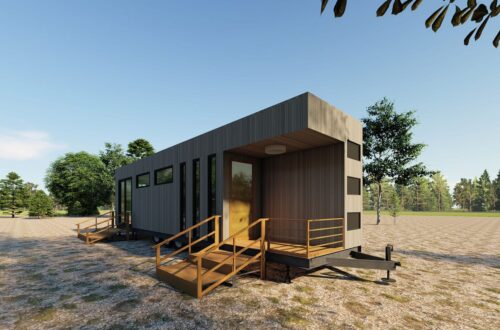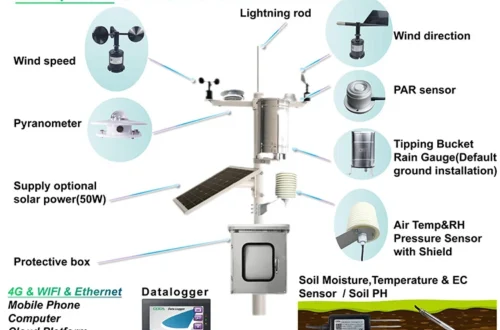Precision CNC Machined Components for Industrial Applications

# Precision CNC Machined Components for Industrial Applications
## The Importance of CNC Machining in Modern Industry
CNC machining has revolutionized the manufacturing sector by providing unparalleled precision and repeatability in the production of industrial components. CNC machining parts are essential across various industries, from aerospace to automotive, medical to energy, due to their ability to create complex geometries with tight tolerances.
## What Are CNC Machined Components?
CNC (Computer Numerical Control) machined components are parts manufactured using automated machine tools controlled by pre-programmed computer software. These parts are created through subtractive manufacturing processes where material is removed from a solid block to achieve the desired shape.
### Key Characteristics of Quality CNC Machined Parts:
– High dimensional accuracy
– Excellent surface finish
– Consistent repeatability
– Complex geometry capability
– Material versatility
## Applications of CNC Machined Parts in Industry
CNC machining parts serve critical functions in numerous industrial sectors:
### Aerospace Industry
The aerospace sector relies heavily on precision CNC components for:
– Aircraft structural parts
– Engine components
– Landing gear elements
– Avionics housings
### Automotive Sector
Modern vehicles incorporate CNC machined parts for:
– Engine blocks and cylinder heads
Keyword: CNC machining parts
– Transmission components
– Suspension parts
– Braking system elements
### Medical Equipment
The medical field benefits from CNC machining through:
– Surgical instruments
– Implantable devices
– Diagnostic equipment components
– Prosthetic parts
## Advantages of CNC Machined Components
### 1. Precision and Accuracy
CNC machines can achieve tolerances as tight as ±0.0001 inches, ensuring parts meet exact specifications every time.
### 2. Material Versatility
CNC machining can work with a wide range of materials including:
– Metals (aluminum, steel, titanium, brass)
– Plastics (PEEK, Delrin, PTFE)
– Composites
– Exotic alloys
### 3. Scalability
From prototyping to mass production, CNC machining offers flexible manufacturing solutions.
### 4. Complex Geometries
CNC technology enables the creation of intricate designs that would be impossible or cost-prohibitive with conventional machining methods.
## Choosing the Right CNC Machining Partner
When selecting a supplier for CNC machining parts, consider:
### Technical Capabilities
– Range of CNC equipment (3-axis, 4-axis, 5-axis)
– Maximum part size capacity
– Material expertise
– Secondary processing capabilities
### Quality Assurance
– ISO certification
– Inspection equipment (CMM, optical comparators)
– Quality control processes
– Documentation and traceability
### Industry Experience
– Sector-specific knowledge
– Problem-solving expertise
– Design for manufacturability input
– Regulatory compliance understanding
## Future Trends in CNC Machined Components
The CNC machining industry continues to evolve with:
### Smart Manufacturing
Integration of IoT sensors and data analytics for predictive maintenance and process optimization.
### Advanced Materials
Development of new alloys and composites requiring specialized machining techniques.
### Automation
Increased use of robotic loading/unloading and automated inspection systems.
### Sustainability
Focus on energy-efficient machining and waste reduction strategies.
## Conclusion
Precision CNC machined components form the backbone of modern industrial manufacturing. Their ability to deliver high-quality, reliable parts with exceptional accuracy makes them indispensable across countless applications. As technology advances, CNC machining will continue to push the boundaries of what’s possible in industrial component manufacturing, driving innovation and efficiency across all sectors.


